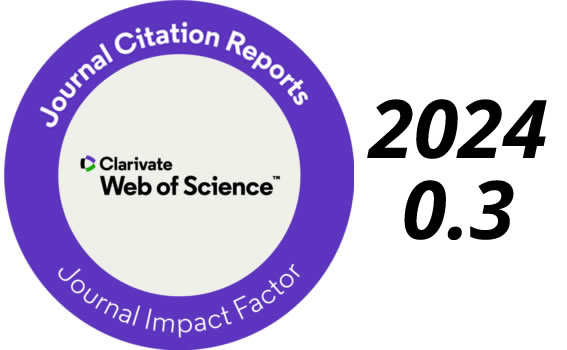Hydrological and environmental role of the hydraulic properties of superficial soil in the Conchos river watershed
Keywords:
hydrological functions, Conchos river, rain, infiltration, runoff.Abstract
Today, due appreciation is given to the hydrological and environmental role of forests in an attempt to create a change of attitude on the users towards this natural resource, so that they can continue offering their natural function and maintaining the ecological balance necessary for the sustainable development of societies and for assuring the future of new generations. In Mexico there is still much controversy on how to determine the hydrological functions of an ecosystem. This article shows a different and easy way to use the basic knowledge generated on the hydrological behavior of watersheds, such as the Conchos River watershed in Chihuahua, to visualize quantitatively the hydrological functions provided by forest and pasture soils within the watershed. The results on infiltration and runoff capacities, as well as on the hydraulic conductivity of forest and pasture soil in the high and middle areas of the watershed are presented as indicators of hydrological and environmental functions. Two methodologies were used in situ: rainfall simulation and the Beerkan method for controlled infiltration. The results show that forest soil allows 60% of rainwater infiltration, reaching in many instances 100% of infiltration when the soil is covered by litter. The infiltration decreases up to averages close to 40% when the soil is lacking forest vegetation, due to natural causes or due to a change in soil use, decreasing up to 20% or less in the case of soil with a crusted surface. The property of soil to allow water in, measured by its hydraulic conductivity to saturation, shows that the most important recharge areas are those in which the soil is provided with fallen leaves from the tree species of the forest (litter: pine tree, evergreen oak, cedar); whereas the areas with a high runoff potential were the natural or induced pasture areas, especially those lacking vegetation and with the presence of hard crusts.Downloads
Published
2007-01-01
How to Cite
Reyes Gómez, V. M., Viramontes Pereida, D., Miranda Ojeda, N. E., Sánchez Fernández, P. B., & Viramontes Olivas, O. A. (2007). Hydrological and environmental role of the hydraulic properties of superficial soil in the Conchos river watershed. Tecnología Y Ciencias Del Agua, 22(4), 33–46. Retrieved from https://revistatyca.org.mx/index.php/tyca/article/view/168
Issue
Section
Articles
License
By Instituto Mexicano de Tecnología del Agua is distributed under a Creative Commons Attribution-NonCommercial-ShareAlike 4.0 International License. Based on a work at https://www.revistatyca.org.mx/. Permissions beyond what is covered by this license can be found in Editorial Policy.









